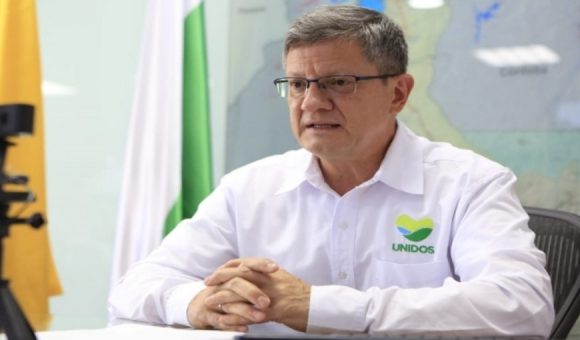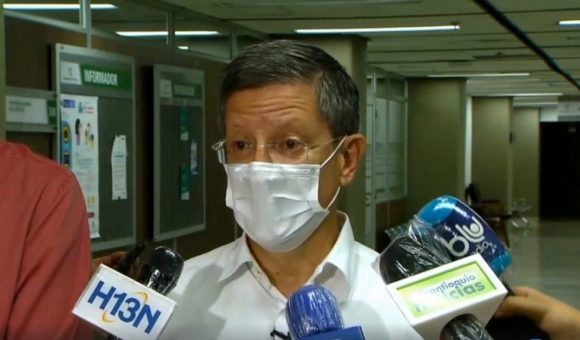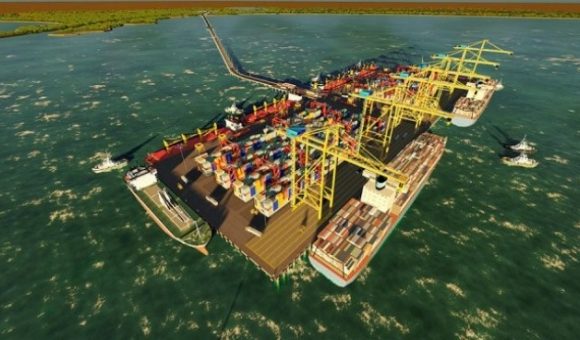Why Medellin Tops Colombia in Covid-19 Avoidance while Leading Economic Reopenings

Colombia’s Health Ministry reported that as of June 2, 31,833 people had contracted Coronavirus nationally since tracking began four months ago — including 1,009 deaths and 11,142 recoveries so far.
Bogota is by far the worst at 10,743 cases including 267 deaths, followed by Atlantico (4,550 cases); Cali/Valle del Cauca (3,714); Bolivar (3,364); Amazonas (1,852); Antioquia (1,200); Meta (981); and Cundinamarca (983).
Despite being Colombia’s second-largest city, Medellin itself has had only 557 of Antioquia’s 1,200 total cases – 245 of which are active, with 309 recovered.
What’s more, Medellin has had only three Covid-19 deaths – none in the last six weeks, and the best rate in all Colombia per 1 million inhabitants — compared to Bogota’s national-worst 267 deaths.
Even more remarkable, nearly all Medellin Covid-19 patients are recovering at home, with only seven people in hospital — four of which are in intensive care units (ICUs), the other three in regular care. Technology innovations in telemedicine are aiding the home-care efforts.
As a result, Medellin has plenty of spare ICU capacity for future “critical” Covid-19 cases, capacity of which Medellin is expanding in any case at Clinica La 80 and elsewhere.
Simultaneously, Medellin leads all Colombia in orderly, organized and relatively biosafe economic recovery — pioneering in the reopening of many industries and even shopping centers.
How does Medellin do it?
In a June 3 posting to his Facebook page (https://www.facebook.com/DQuinteroCalle/) Medellin Mayor Daniel Quintero largely credits the “MedellínMeCuida” computerized data-capture and analysis program for relative success in thwarting Covid-19.
“’#MedellínMeCuida’ is perhaps the most effective strategy against Covid-19 in all of Latin America,” according to Quintero.
“However, despite the fact that many believe that it is an application, it really is a revolutionary way to rethink state intervention.
“It was born in principle with the name of ‘Equipos Territoriales de Atención Integral Familiar’ [Territorial Teams for Comprehensive Family Care] in our government programs, chosen [by the Medellin City Council] with the highest vote in the history of the city and endorsed in the Development Plan, allocating about 25% of the [family-care] budget.
“In itself, ‘MedellínMeCuida’ is a system that is based on providing comprehensive care to families in the territories — especially health, psychological and social care, the fight against malnutrition and access to education in the territories.
“After the pandemic started, ‘MedellínMeCuida’ faced a test of its capacity and efficiency. We developed in-house, with developers from the Mayor’s Office, a platform that allowed us transparency on who received support, and measured [Covid-19 response] effectiveness. [As a result], Medellín was the first city [in Colombia] to bring aid to a territory.
“’MedellínMeCuida’ was integrated with the ‘123’ [emergency call-line platform], the SEM (Sistema de Emergencias Médicas Medellín y Antioquia [Emergency Rescue Service]), Sisben [Sistema de Identificación de Potenciales Beneficiarios de Programas Sociales – Colombia’s welfare-eligibility classification system] and others. We use advanced analytics, geo-referencing, and data-science strategies that have helped reduce uncertainty in decision making.
“’MedellínMeCuida’ also proved its effectiveness during the process of economic reopenings. Companies registered their employees, uploaded bioprotocols and were able to open much faster. It improves our ability to fence-around local Covid outbreaks, and increases efficiency in the delivery of aid to vulnerable populations.
“Thanks to ‘#MedellínMeCuida’ and ‘#MedellínMeCuidaEmpresas’ we learned who still needed help and who did not. For example: Last week we gave aid to 100,000 families who we were certain had no income because they have not recovered their jobs.
“Then we integrated ‘#MedellínMeCuida’ with the Metro [public transit] system and we were able to know the percentage of [transit] occupation in real time with detail by economic sector, allowing agreements to be reached with various [industrial/commercial] sectors to adjust their work schedules [to avoid overcrowding].
“Information is a powerful tool. There are terrible cases in the world where information has been used for evil purposes. For this reason, we take very seriously the way information is obtained and managed,” he added.
















